Ghana
Ghana's central bank on Monday raised its benchmark lending rate by another 50 basis points to 30%. The move to raise the cost of borrowing took financial markets by surprise.
Accra is working to to stop its worst economic crisis in years, characterised by double-digit inflation, a weak Cedi and growing public debt. Annual inflation accelerated to 42.5% in May and June after slowing from 54% last December.
The central bank has been raising rates since late 2021, with only a few pauses inbetween the hiking cycle.
Ghana defaulted on most of its debt repayments last year and sought relief from its lenders. In May this year, the cocoa and oil producer sealed a $3 billion bailout loan from the International Monetary Fund.
Under the IMF deal, the country must implement strict spending cuts, end subisidies and increase tax collection.
The raising of the key interest rate is likely to add further strain to households and businesses grappling with the high cost of living and weigh on economic growth.




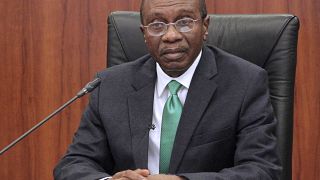
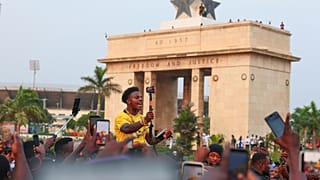

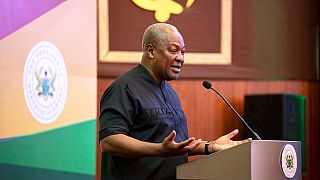
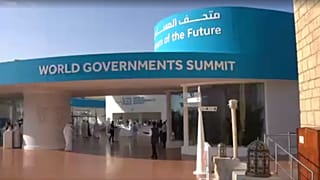
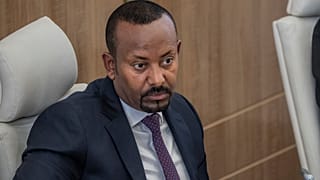

00:00
IMF approves final review for loan to Zambia, unlocking $190 million
01:11
IMF team to visit Gabon as authorities plan reform program
00:40
IMF approves new $261 million disbursement for Ethiopia
00:51
Nigeria to revise inflation reporting after artificial spike expected in December
01:12
Iran warns Washington it will retaliate if the US launches an attack
00:18
Zambia withdraws request for IMF loan extension